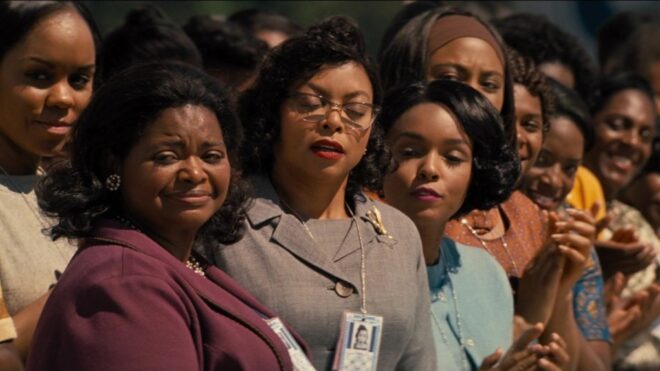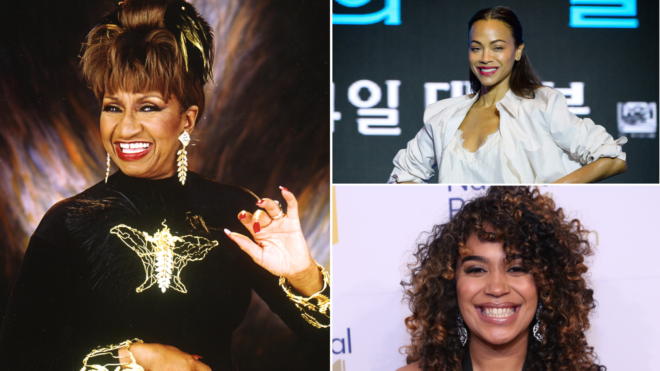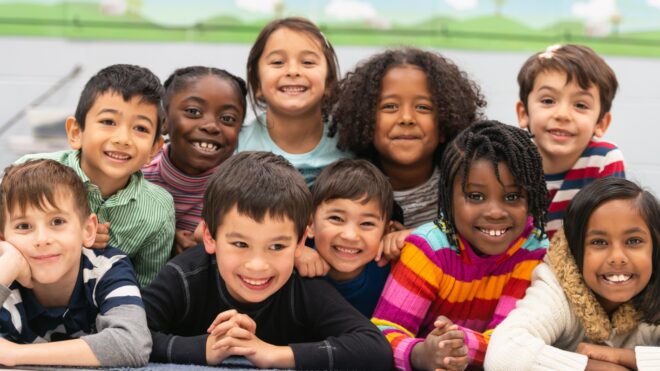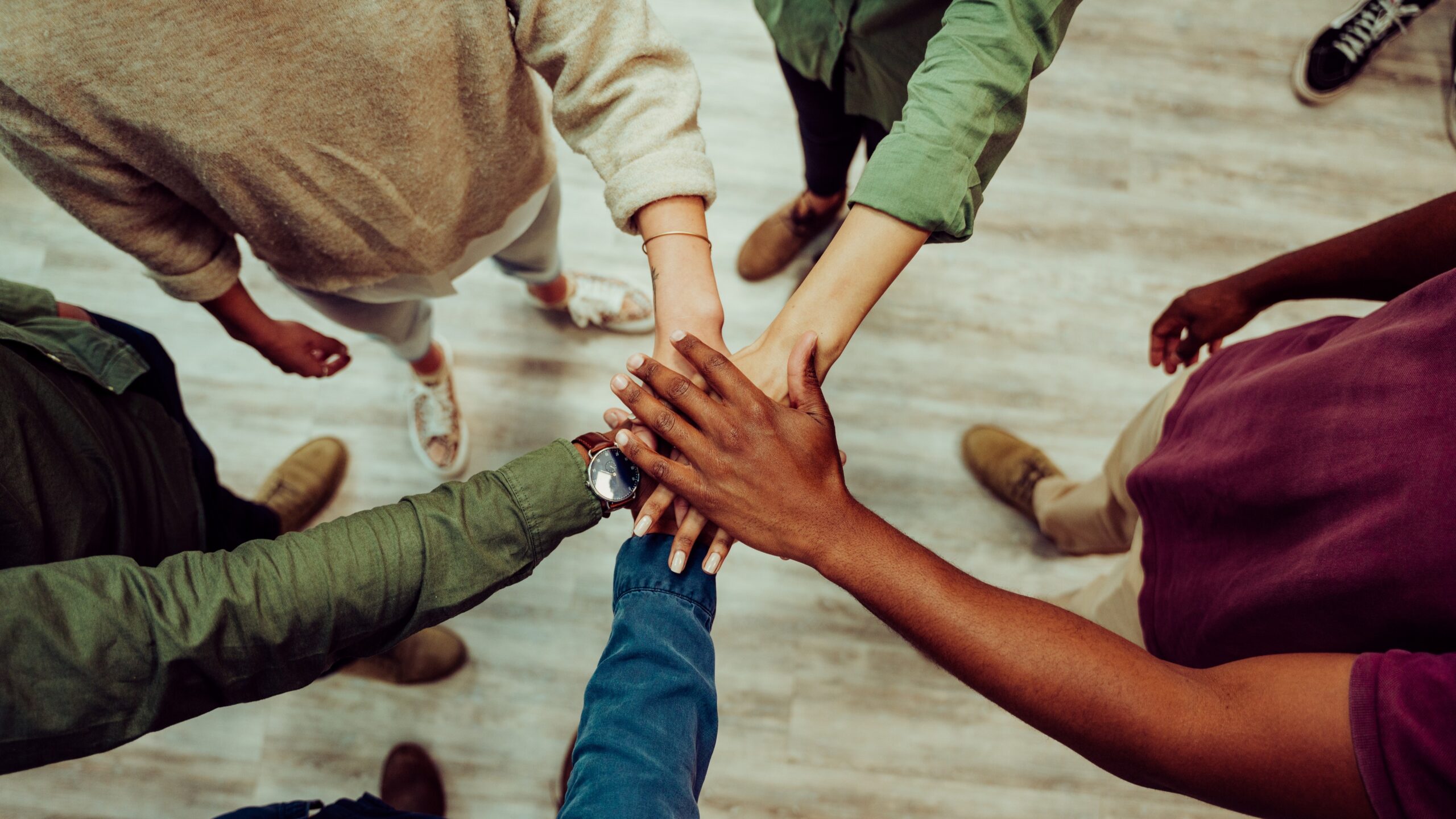
As moms, we want to keep our children away from so much terrible news about violence around the world. The injustices based on race are happening around the country so often, and it is important for children to have conversations with their parents about racism. We shouldn't ever leave our kids in the dark, thinking that living in a world that is dominated by aggression, exclusion, and racism is something they can look at with neutrality or that can be normalized.
More from MamásLatinas: Afro-Latinos your kids should know about
The mass shootings in schools seemingly based on supremacist beliefs, coupled with the murder of black people —like George Floyd, who was killed during an arrest by the Minneapolis Police Department in May 2020, just to mention one case— never seem to end, and as moms, it is important that we provide our kids with the support necessary to process these horrible situations. We have a massive responsibility to instill knowledge, empathy, and equality in our children, because that is the best way to leave our mark for generations to come.
It's incredible how quickly the world advances technologically, in knowledge and studies, yet there are still people who hold supremacist beliefs about race despite the historical evidence of the massive destruction and hurt it has caused people around the world. Here are some tips to help you talk to your children about racism and other delicate topics.
Allow them to ask whatever questions they may have, and give them the information they need.
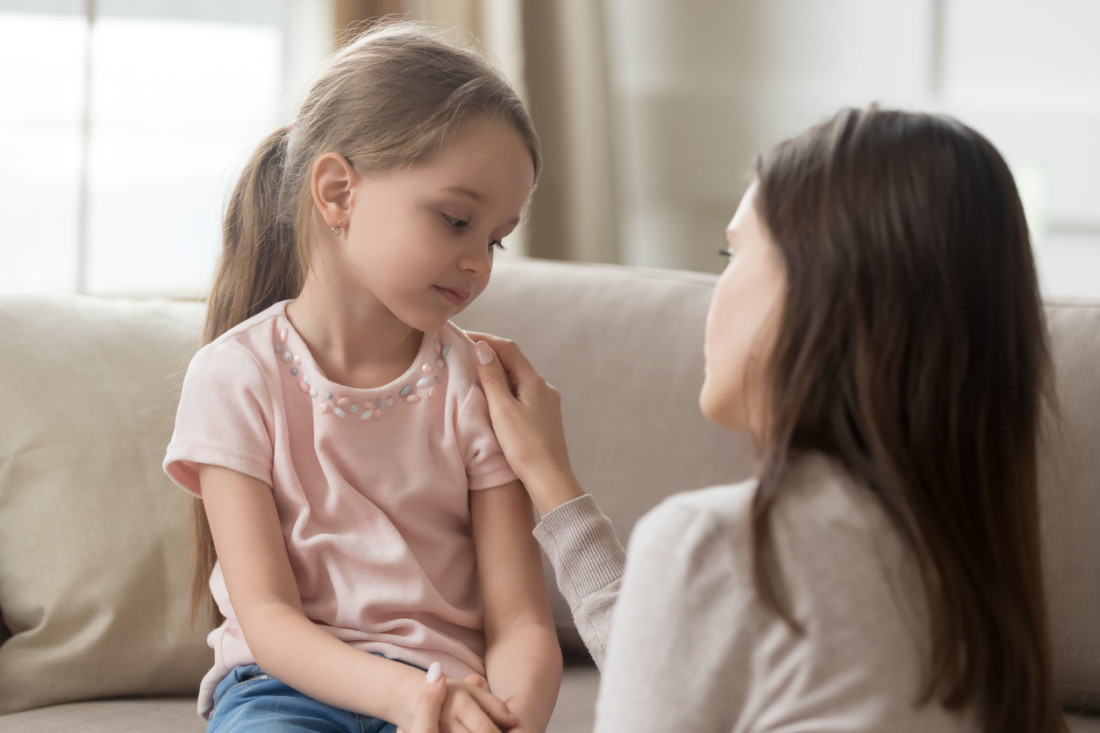
Talk to them about racist acts and the consequences that they have had on humanity. There have been plenty of historical moments that determined the social changes that have helped encourage us as a society to fight for equality. It's important that they know the history. Show them photos and children-friendly documentaries about the history of racism and inequality in the US and in other countries.
Talk about what is going on based on their level of comprehension: What do you think about what happened with George Floyd?
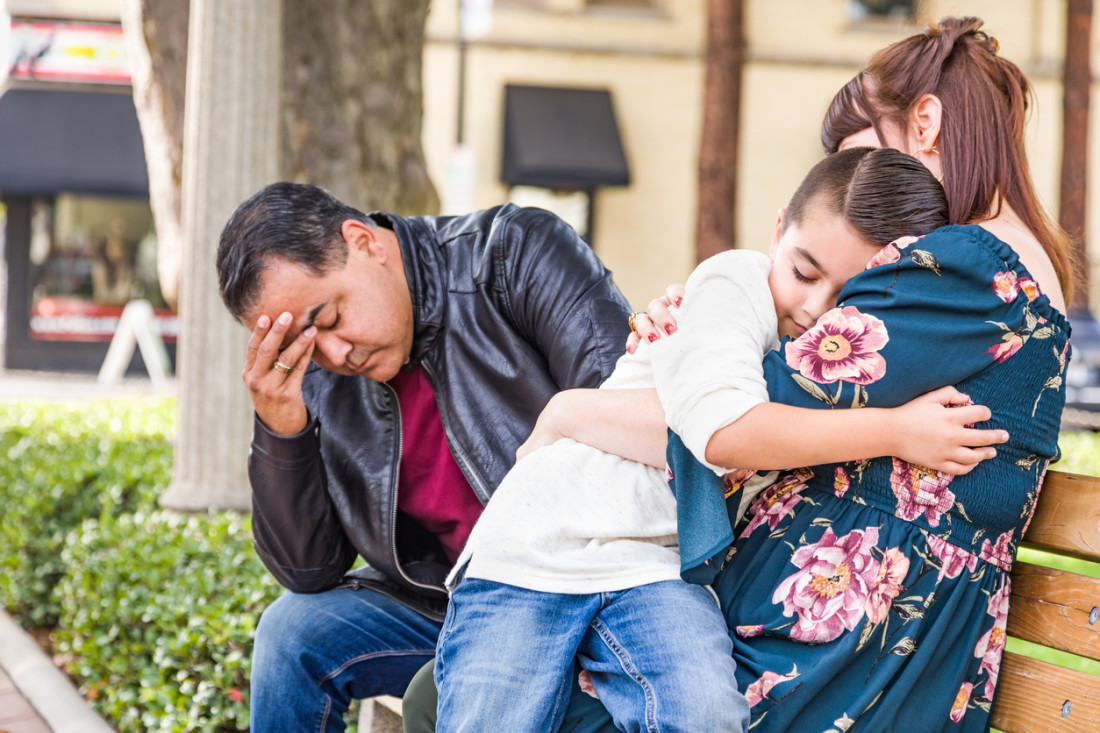
If your kids are of school-age or are adolescents, try to avoid exposing them excessively to the news. If they are preschoolers, they shouldn't have any exposure to the news. The question at hand works for every one of the three stages. It's important to listen attentively to their points of view on the situation, with the intention that they express their thoughts and feelings, and also for them to develop their own critical thinking skills that help them express themselves.
When your kids are preschoolers, talk about the wonder that comes from people's differences.
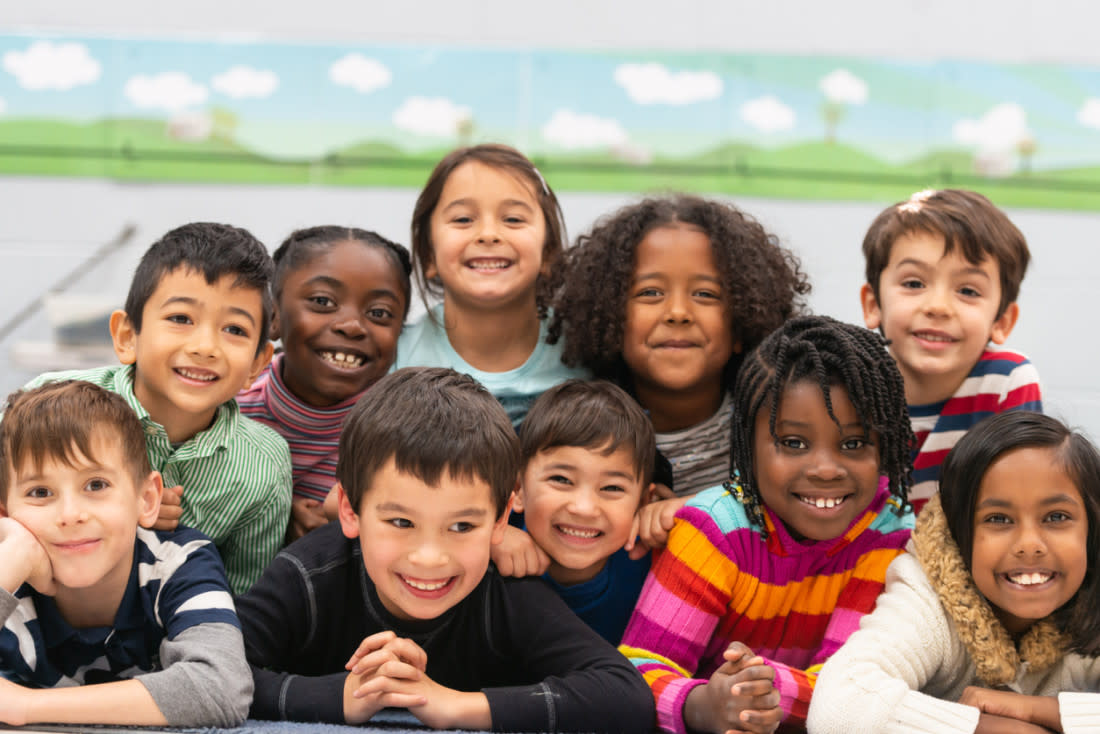
When kids are preschoolers, talk about how wonderful it is for people to have differences. Some developmental experts say that, starting at 6 months old, a child is capable of recognizing racial differences, and it's between 2 and 4 years of age that they begin to adopt the prejudices from their environment. This is a critical stage to stop their development of prejudices and it's up to you to instill in them the acceptance of everyone in your community, and teach them about equality and the love for all.
Start the conversation off with the question: Do you know what racism is?
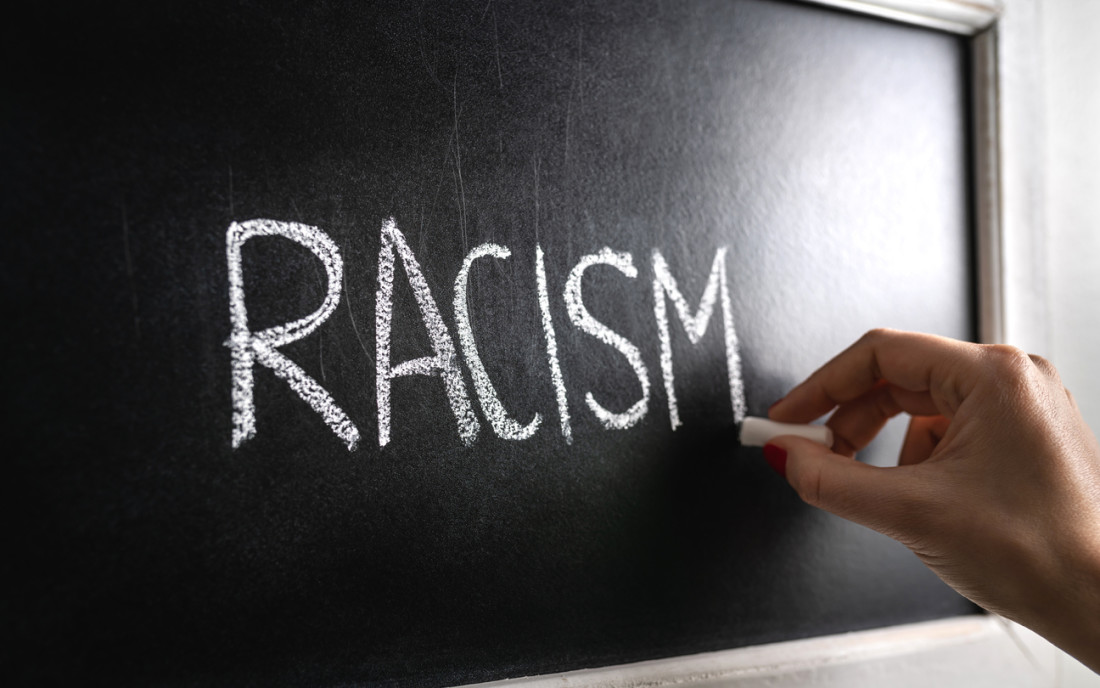
If your kids are preschoolers, it's possible that they don't have a clear definition set for what the word "racism" represents. That is why it is important for you to find an appropriate movie for their comprehension level with which you can explain to them what racism is through the story they are watching. You can also find books and stories to read them that they can learn from and understand.
Encourage them to express their indignation without generalizing.
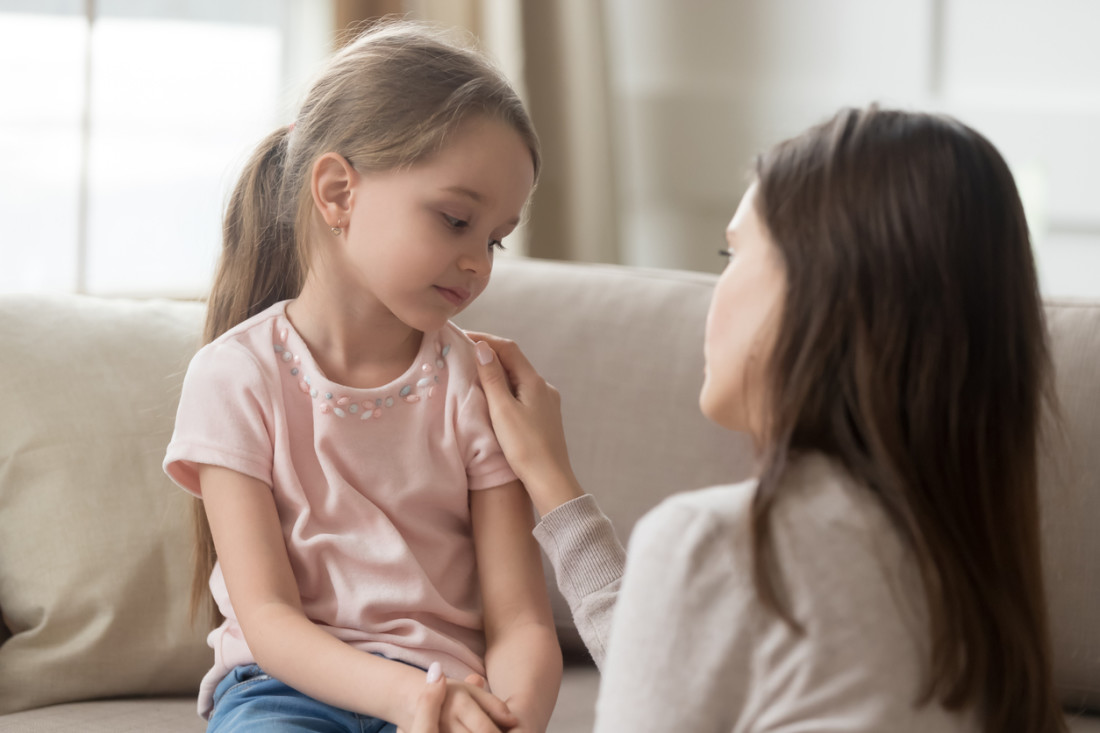
It's important to allow children to express themselves openly about their feelings, but teaching them not to generalize hate toward an entire group of people, in this case police officers. It's important to talk about each isolated incident, without placing blame on a whole group of people. The important thing is to avoid any type of social resentment. Your children, especially if they are teens, should understand the context of each situation so that they can create their own interpretation without sowing resentment.
If your kids are teenagers, listen to their feelings regarding acts of violence and racism.
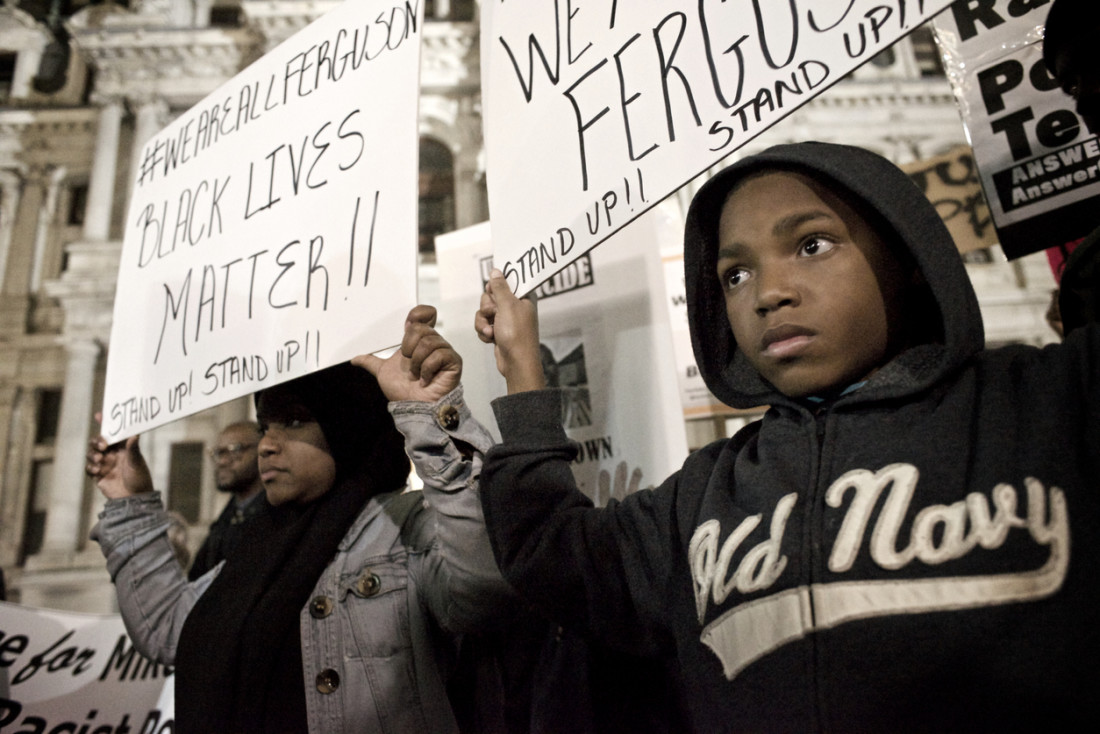
If they are teenagers, it is important to support them as they process their emotions. They are in a stage where they tend to be inquisitive and, on occasion, defiant toward authority. That's why, if they feel angry or frustrated, it's important that they know how to channel that energy properly, perhaps through speaking about their indignation, through physical activities, or even meditation.
Ask your kids: What do you think about the different ways to protest against racism?
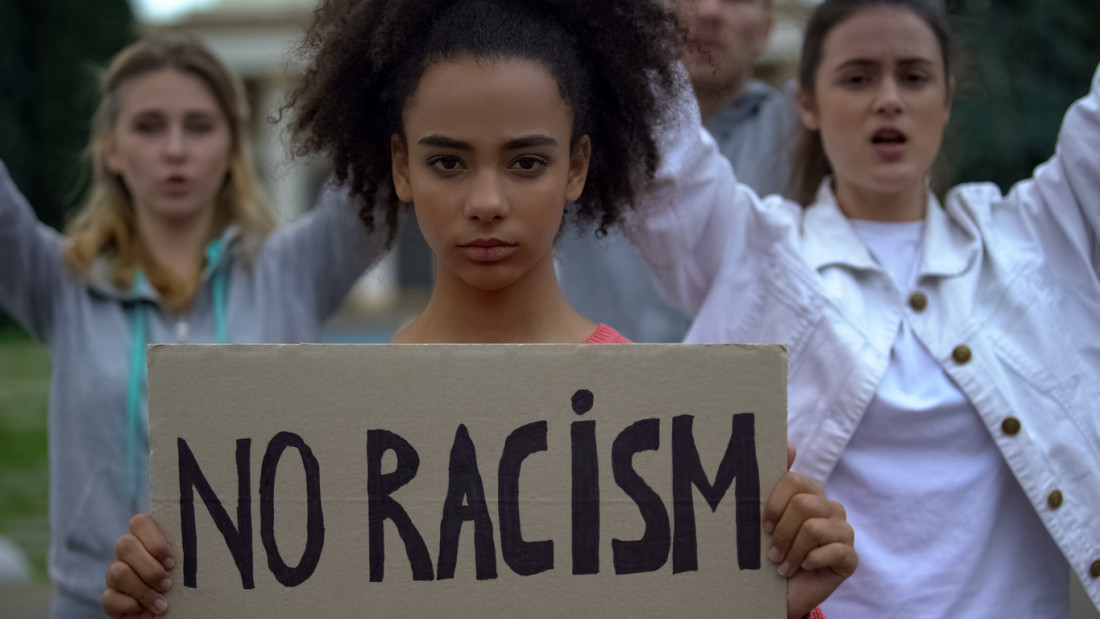
The type of protest they want to participate in could speak to the level of desperation that each child is feeling in their need to be heard. However, it's important that kids know the context that could lead to protesting and the different ways they can speak up. It could be a peaceful protest or an uprising, and without judgment, it's important that you explain to them why people have resorted to the different styles of protesting and share with them why each one is important and necessary, without normalizing violence.
End the conversation when necessary and turn off the news.

While it is important for all of us to stay informed and for our families to remain knowledgeable on the happenings of the world, it's important to know when enough is enough. The visuals used on news reports on television can often be alarming for children to constantly watch. It is a privilege to be able to stop the conversation and turn off the television, because for a lot of people, this news is unavoidable as it is something they repeatedly have to deal with in their own communities. Keep your children informed, but don't expose them to too many news reports, which can overexpose them to the violence and create fear in them.
Make sure they have activities that help develop their humanity.
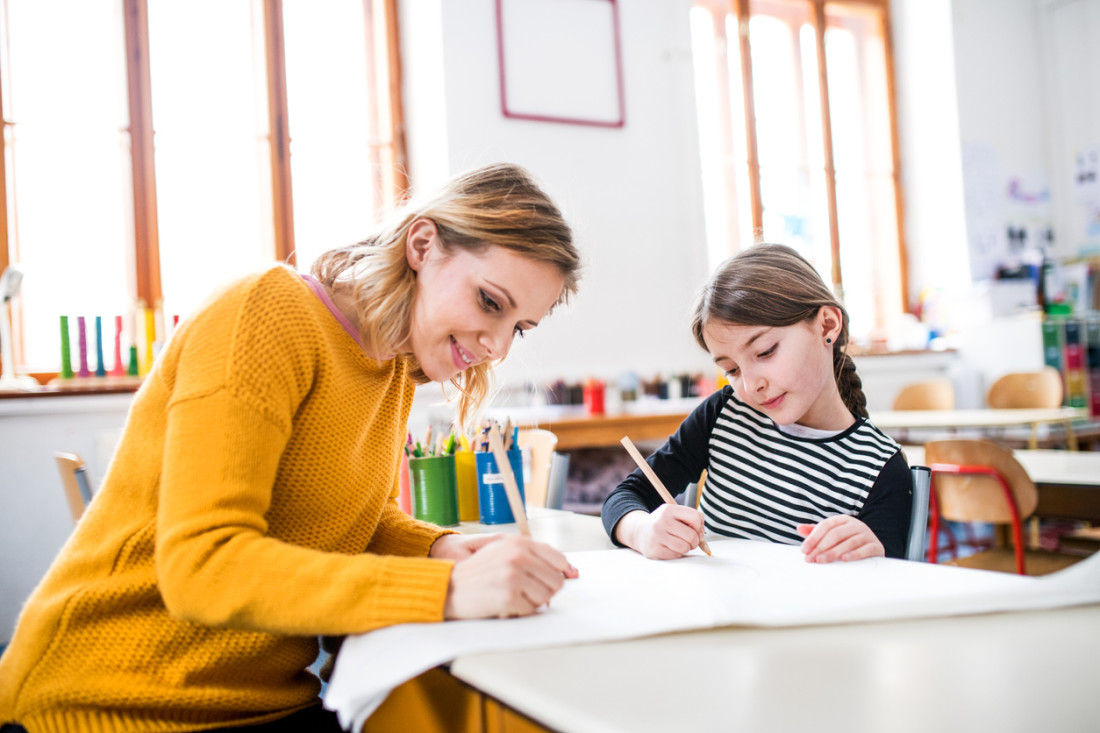
It's important for them to learn how to coexist with people from all cultures and walks of life and that they also support and help those in need. Teach them how to comfort those who are alone and that they take on charitable activities, like making posters for peaceful protests, which helps them develop their capacity to give unconditional love to others. Have them watch movies that will help them evolve with their values and that they can comment on and give their own analysis.

